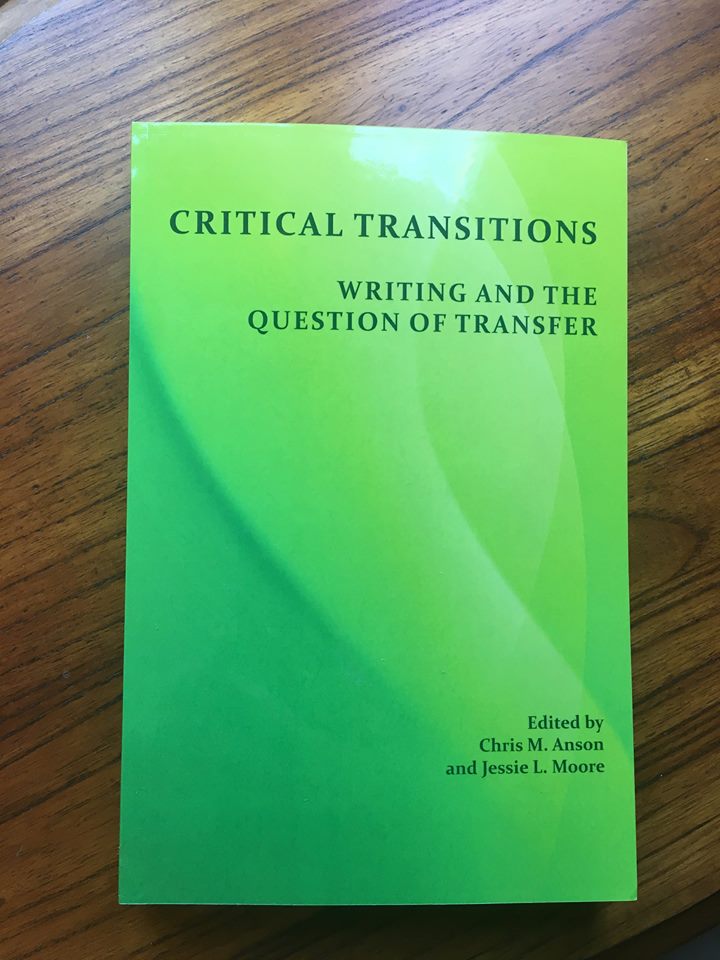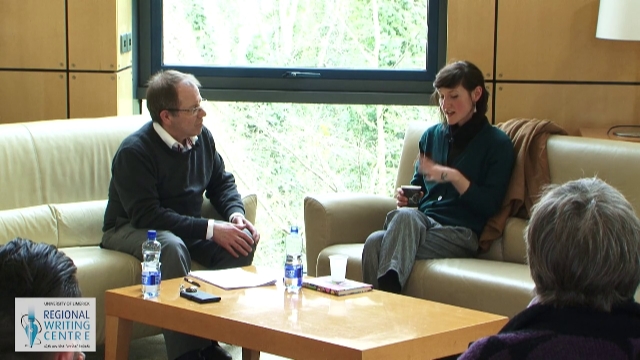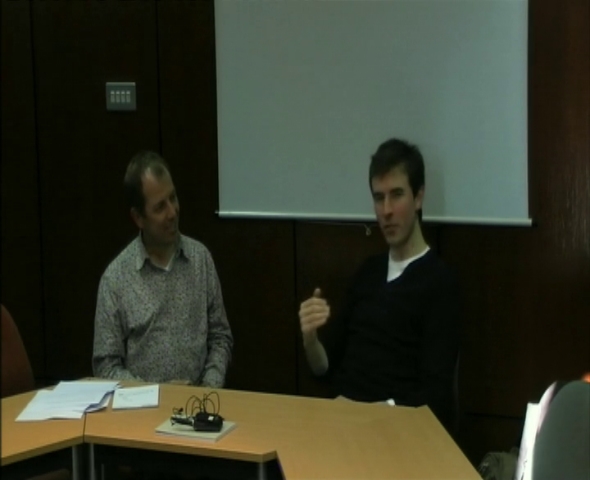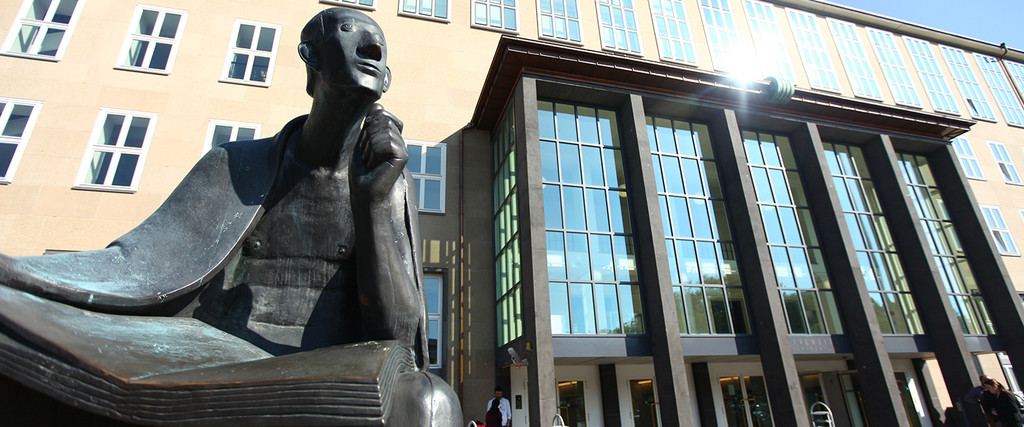Chris announced the recent publication on Facebook: “Hard copies! Thanks to all the great contributors (some not on my FB–pls. tag), fabulous co-editor Jessie Moore, and the always-supportive Mike Palmquist, Sue McCleod, and Dave Blakesley.”

You can get a look at the new addition on the WAC Clearinghouse website at https://wac.colostate.edu/books/ansonmoore/
Copying in the blurb below from the WAC Clearinghouse just to get you salivating a bit about what awaits you:
Edited by Chris M. Anson and Jessie L. Moore
Copy edited by Don Donahue. Designed by Mike Palmquist.
In Critical Transitions: Writing and the Question of Transfer, Chris Anson and Jessie Moore offer an important new collection about prior learning and transfer theories that asks what writing knowledge should transfer, how we might recognize that transfer, and what the significance is—from a global perspective—of understanding knowledge transformation related to writing. The contributors examine strategies for supporting writers’ transfer at key critical transitions, including transitions from high-school to college, from first-year writing to writing in the major and in the disciplines, between self-sponsored and academic writing, and between languages. The collection concludes with an epilogue offering next steps in studying and designing for writing transfer.
About the Editors
Chris Anson is Distinguished University Professor and Director of the Campus Writing and Speaking Program at North Carolina State University. He has published fifteen books and more than 120 articles and book chapters relating to writing and has spoken widely across the U.S. and in 28 other countries.
Jessie L. Moore is Associate Drector of the Center for Engaged Learning and Associate Professor of English: Professional Writing & Rhetoric at Elon University. Her recent research examines transfer of writing knowledge and practices, multi-institutional research and collaborative inquiry, writing residencies for faculty writers, the writing lives of university students, and high-impact pedagogies.
Publication Information: Anson, Chris M., & Moore, Jessie L. (Eds.). (2016). Critical Transitions: Writing and the Question of Transfer. Perspectives on Writing. Fort Collins, Colorado: The WAC Clearinghouse and University Press of Colorado. Available at https://wac.colostate.edu/books/ansonmoore/
Online Publication Date: June 19, 2016.
Print Publication Date: March 1, 2017.
Contact Information:
Chris M. Anson: chris_anson@ncsu.edu
Jessie L. Moore: jmoore28@elon.edu




